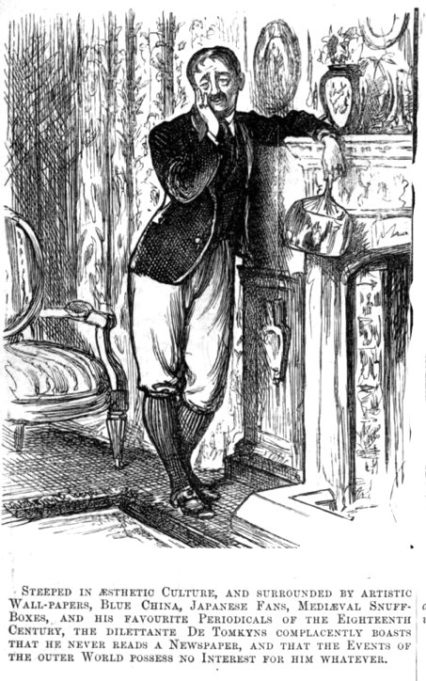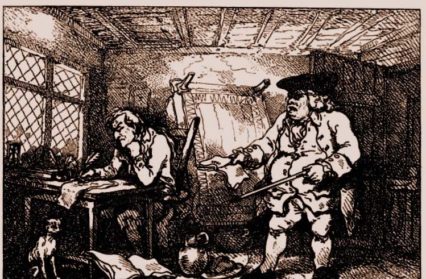Traditional publisher, self-publishing or a hybrid approach? Adam Somerset tuned into Radio 4’s Money Box to listen to a discussion concerning the economics of being a writer.
Once, in the time before life in Wales, my local library held an out-of-hours literary event. The local authority had a population of 250,000 from whom 25 gathered to hear the visiting novelist. The writer had a few books behind her; I was there because I had read one. With a few hours to kill in Puerto Rico I had found a book of hers, the only one that looked of interest in a thinly-stocked San Juan airport book-stand.
 Among the questions that followed the inevitable one was asked. “What advice would you give a writer?” The response, without a pause, was “get a good day job.” Or rather from a voice raised in Ohio it came out as “gedda-gud dey-jarb.” The visitor herself had been able to give up her own day job. Toni Morrison was becoming a best-seller, although a few years were still to go before the 1993 Nobel Prize in Literature.
Among the questions that followed the inevitable one was asked. “What advice would you give a writer?” The response, without a pause, was “get a good day job.” Or rather from a voice raised in Ohio it came out as “gedda-gud dey-jarb.” The visitor herself had been able to give up her own day job. Toni Morrison was becoming a best-seller, although a few years were still to go before the 1993 Nobel Prize in Literature.
The question endures, how to balance the wish to write with the wish to earn. BBC Sounds is rich in variation. On a drizzly afternoon on the fringes of Gorseinon I fiddled with the radio. Moneybox, the consumer finance programme, usually homes in on topics like ISAs, IVAs, pensions. Surprisingly, the subject had stepped into a more niche area, “The Economics of Being a Writer.”
A finance programme starts with the nitty-gritty of what matters. The incomes of full-time writers have halved in real terms since 2005. The average is a little over £10,000 a year according to the Authors Licensing and Collecting Society. The programme has brought together contributors who span the trade. An experienced agent Karolina Sutton, from Curtis Brown, has Margaret Atwood among her authors. The first question from presenter Louise Cooper gets to the basics: “What does a literary agent do?” The answer is succinct, the agent is intermediary.
From the community of writers Mark Dawson is present. After two books published via a conventional route he moved to self-publishing. His scorecard is 35 books with 2 million copies sold. “I have an enviable life, I suppose, being paid to do what I love to do.” “We’re Money Box,” says Louise Cooper; “We want the figures. How much did you make last year?” “North of seven figures,” is the reply. He is not alone, he says, knowing other authors who earn five or six figures. That is each month.
Ros Barber has two books behind her. A first book advance of £75,000 dropped to £5,000 for the second. While expressing extreme gratitude for the sum, she breaks down what it had to cover: amortised over six years of work, then agent commission, and then taxable, the net is not quite the headline figure. “Can I be brutal?” Cooper asks, “and suggest you just write a bit faster?” Barber takes the question in good heart with a laugh.
The arts are winner-takes-all occupations. It is unlike doctoring or accounting where reward is spread across all in a broad statistical bell curve. Orange or Costa or Man Booker publicity will kick sales to 100,000 plus. For the vast majority of novelists their books sell in the hundreds. The return to the author per copy sold is 40 to 67 pence, dependent on the discount the retailer has been given. A loan from a library will return 8.5 pence.
All of this is news to the aspirant writer on the telephone. “It’s quite shocking,” she says; “It’s a bit disheartening to be honest.” Mark Dawson pitches in with a comment on self-publishing. He prices his books at £4.99 and nets £3.80 a copy.
Karolina Sutton adds that it is not always about well-known names. Big sales come from first-timers like Adam Kay. Simon Scarrow contacts the programme with “the best advice I ever got was never to give up the day job until you have five books under your belt and its income is twice what the day job pays. Bernard Cornwell told me that and he knows a thing or two.”
Mark Dawson has interesting things to say on quality. He has seen print publishers with misspellings on the cover. He employs a designer who has done covers for John le Carré and Stephen King. He has a copy editor and it is passed to a team of advance readers from across the world. They are alert to typing errors and also mistakes of fact. The process combines professional editing and crowd-editing.
Stevyn Colgan explains exactly how Unbound works. It is a return to the method by which Dr Johnson’s Dictionary was financed. Purists will sniff but character names can be monetised. For some authors income via audio publishers and podcasts hugely outstrips that from print media.
Much in this Money Box will be familiar to writing veterans. Newcomers are guaranteed to find something to inform in a bracing, comprehensive programme delivered with spice, directness and good humour.
https://www.bbc.co.uk/programmes/m0002ml5











